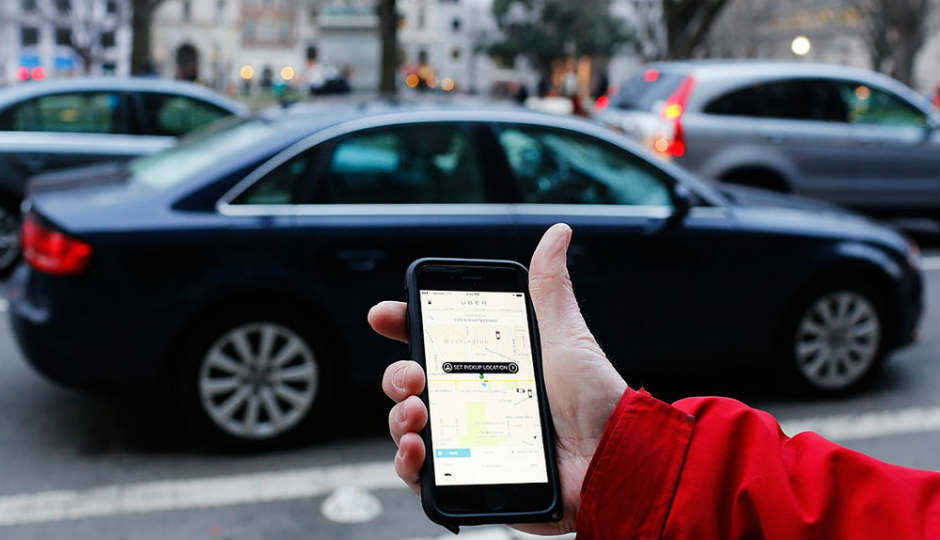Here’s how Uber tried fooling Apple back in 2015, but ended up getting caught
An article from The New York Times claims that Uber was fingerprinting iPhones, making them traceable even after the Uber app and its data was deleted.

These past few months have not been very great for ride-hailing company Uber and its Founder & CEO, Travis Kalanick. The company has been reeling under multiple scandals lately – illegally evading authorities, tracking customers without permission, creating fake accounts on competing cab-hailing services, stealing confidential data from Alphabet’s self-driving car project, mistreating employees and then some.
 Survey
SurveyNow, in a shocking new revelation, The New York Times has reported that Uber’s bad business practices did not even spare the world’s most valuable company – Apple. According to the publication, Uber had been “secretly identifying and tagging iPhones even after its app had been deleted and the devices erased — a fraud detection maneuver that violated Apple’s privacy guidelines.”
The practice called ‘fingerprinting’ was and is against Apple’s regulations, and to hide the practice from the company, Uber had geofenced Apple’s Cupertino HQ, thereby creating a digital fence around the area so that Apple’s employees could not see what Uber was up to. As per NYT, “Uber would then obfuscate its code for people within that geofenced area, essentially drawing a digital lasso around those it wanted to keep in the dark. Apple employees at its headquarters were unable to see Uber’s fingerprinting.”
However, Uber’s trickery would not remain hidden for long. Apparently, Apple CEO, Tim Cook, had a meeting with Kalanick at the time, confronting him for breaking Apple’s rules. Cook had reportedly even threatened to remove Uber’s app from the App Store. This would have been a huge disadvantage to the service, which would have ended up losing a large chunk of its iPhone consumer base.
The article goes on to describe how Kalanick has “openly disregarded many rules and norms, flouted transportation and safety regulations, bucked against entrenched competitors and capitalized on legal loopholes and grey areas to gain a business advantage.”
Reacting to the article, an Uber spokesperson said, “We absolutely do not track individual users or their location if they’ve deleted the app. As the New York Times story notes towards the very end, this is a typical way to prevent fraudsters from loading Uber onto a stolen phone, putting in a stolen credit card, taking an expensive ride and then wiping the phone—over and over again. Similar techniques are also used for detecting and blocking suspicious logins to protect our users' accounts. Being able to recognize known bad actors when they try to get back onto our network is an important security measure for both Uber and our users.”
Digit NewsDesk
Digit News Desk writes news stories across a range of topics. Getting you news updates on the latest in the world of tech. View Full Profile